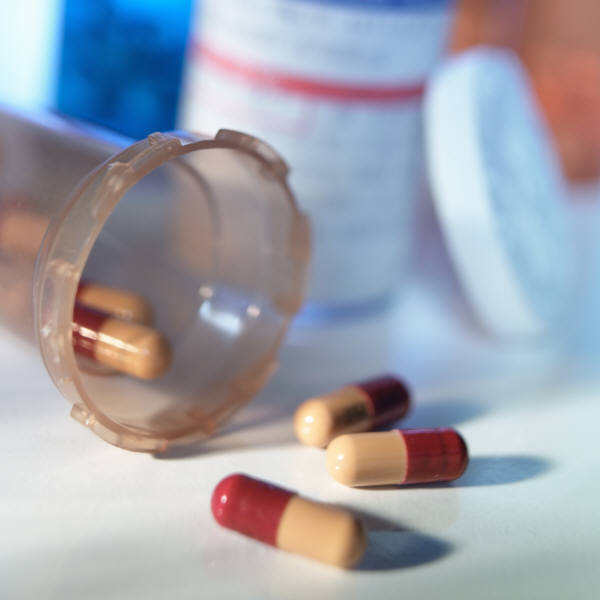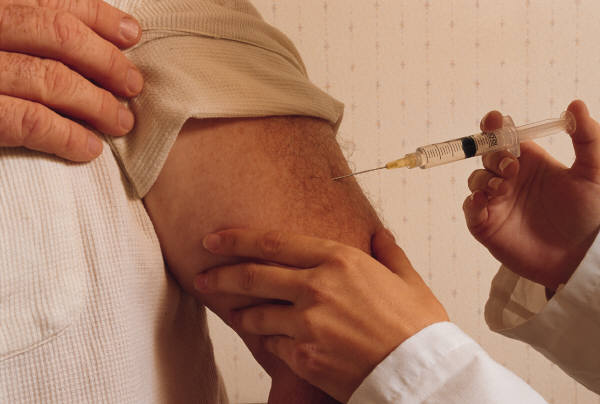
What Everyone Should Know About Cholesterol and Statin Drugs Part 1: Why We Need Cholesterol and The Cause of High Cholesterol
If you take a cholesterol lowering drug, reading this article and viewing the movie trailer, “Statin Nation,” is a must! The medical and pharmaceutical industry has lead us all to believe cholesterol is the number one health enemy. The fact is, cholesterol is required for several important processes in the body. In this article, we talk about why we need cholesterol, the main dietary culprits for high cholesterol, and how to best determine if you have a significant increase for heart disease.
You can view the first 13 minutes of the movie below:
Why Your Body Needs Cholesterol
Cholesterol is not the villain it is made out to be. Cholesterol is a critical part of your body’s foundational building materials and is vital for optimal health. It is required for the production of many types of hormones, vitamin D, bile acids which help you digest fats, and cell membranes which play a role in cellular communication.
Cholesterol is produced both in your liver and brain. Your brain contains about 25 percent of the cholesterol in your body. It is critical for brain cell connections, which allows you to think, learn new things, and form memories. This is why statin drugs, which lower cholesterol, can cause memory loss in many people who take them.
What is The Real Cause of High Cholesterol?
Sugar is the primary “driver” of high cholesterol, as is trans-fats (hydrogenated oils) and most vegetable oils because of their extremely high omega-6 and low omega-3 fat content. If you consume enough added dietary sugar and “bad” fat for a long enough period of time, cholesterol goes up and the normal cholesterol in your bloodstream becomes oxidized (damaged) which creates an inflammation response by your immune system. Specialized immune cells literally “eat” the damaged cholesterol and bury it inside your artery walls. This results in thickening (plaque), narrowing and hardening of your arteries. This is the condition known as arteriosclerosis or atherosclerosis which is the hallmark of heart disease and can lead to a heart attack.
We have been lead to believe saturated fat and dietary cholesterol clog up arteries which can increase the risk of heart disease. Research has shown saturated fat and dietary cholesterol do not significantly raise blood cholesterol levels. The body has a unique way of recognizing how to react to dietary cholesterol. If the body detects more cholesterol has entered the bloodstream from food, the liver and brain simply reduce their production of cholesterol until cholesterol levels fall below normal.
Cholesterol: How High is High?
Total cholesterol
Below 200 mg/d is Ideal
200-239 mg/dL is Borderline High
240 mg/dL and above is High
LDL cholesterol
100-129 mg/dL is Ideal
130-159 mg/dL is Borderline High
160-189 mg/dL is High
HDL cholesterol
60 mg/dL and above is Best
40-49 mg/dL (men) and 50-59 mg/dL (women) is Good
Below 40 mg/dL (men) and below 50 mg/dL (women) is Poor
Triglycerides
Below 150 mg/dL is Ideal
150-199 mg/dL is Borderline High
200-499 mg/dL is High
Your total cholesterol will tell you very little about your heart disease risk, unless it is significantly elevated. If it is above 300, it is likely a genetic predisposition to high cholesterol, also known as familial hypercholesterolemia. According to some health experts, this is the only time a cholesterol-lowering drug would be appropriate.
Instead of total cholesterol, there are two ratios that are much better indicators of your heart disease risk. This can be determined from your blood report.
Your HDL/total cholesterol ratio: Divide your HDL level by your total cholesterol. This percentage should ideally be above 24 percent. If it is below 10 percent, it is a significant indicator of heart disease risk.
Your triglyceride/HDL ratio: This ratio should ideally be below 2.
In Part 2, we will discuss the dangers of cholesterol-lowering drugs and how to optimize your cholesterol levels naturally.
This article was not written to provide medical advice. It was written to provide you the known facts about cholesterol and statin drugs. If you are taking a statin or other cholesterol lowering drug, it is important you gather more information about this subject and talk to your doctor before discontinuing any prescribed medication.
Sources:


